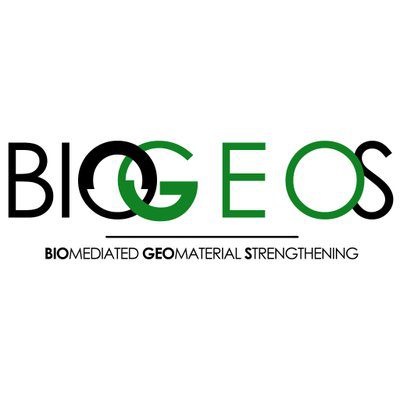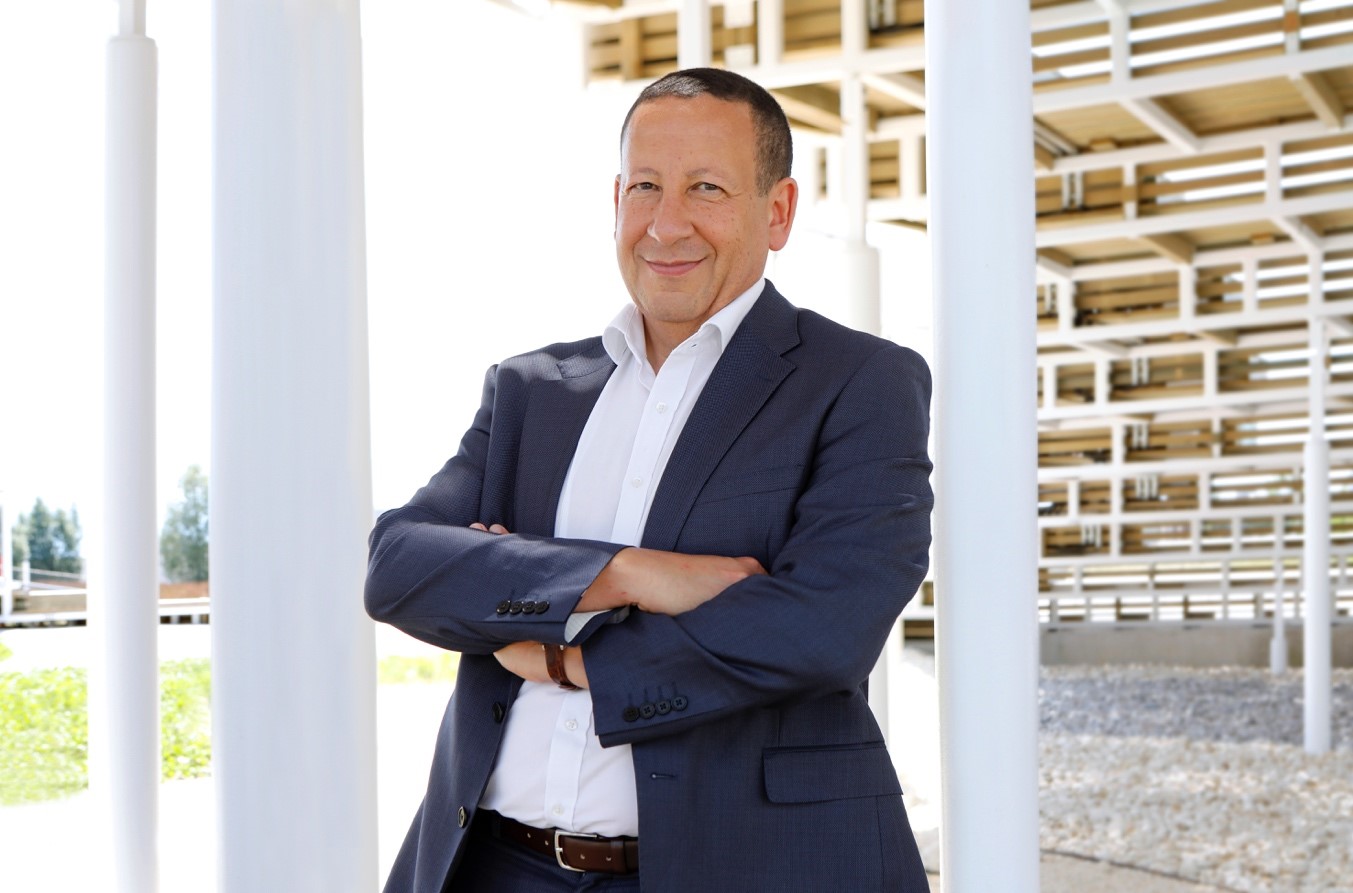Accelerating technology transfer and coupling scientific, industrial and environmental advances.
Lyesse Laloui, professor at EPF Lausanne and director of the Soil Mechanics Laboratory is awarded the prestigious Proof of Concept Grant (PoC) by the European Research Council (ERC). The grant adds up to the breakthrough developments achieved within the first 18 months of his previous advanced ERC-funded BIOGEOS project which is developing novel bio-cementation technologies for civil, geotechnical and geo-environmental works. The ERC PoC grant further validates the technology-transfer vision of the BIOGEOS project and accelerates its aim to develop complete and industry-ready solutions to serve infrastructure, economic and societal needs.
ERC Proof of Concept (PoC) Grants provide lump-sum funding to academics who have demonstrated breakthrough advances towards exploring the societal and economic potential of their discoveries. By providing additional resources, the grants consolidate the achievements of ERC-Advanced grants, funded under the EU’s research and innovation programme, Horizon 2020.
CEBREWA builds up on the achieved breakthroughs of BIOGEOS
CEBREWA (Construction & Environmental Biocementation in REal World Applications) tackles the emerging ground stabilisation problems which are becoming increasingly pressing in construction and environmental engineering. Ground stabilization mitigates stability risks associated with geohazards, such as earthquakes, soil erosion, and landslides. Such problems are expected to be further intensified by extreme weather and aging infrastructure. Traditionally, ground stabilization is applied to roads, railroads, airfields, embankments, reservoirs, bank protection, canals, dams, and coastal engineering. Rapid urbanization, particularly in developing regions, is fueling the ground stabilization market growth. This is primarily due to: (i) the scarcity of suitable land for development and (ii) the need to extend existing infrastructure (typically by building more floors, and therefore increasing the loads sustained by foundations) to support increasing populations in urban zones. The market of ground stabilization has not been disrupted for decades, with current solutions complex and expensive, mainly due to the heavy equipment required for their application, and often hazardous to the environment, as they rely on the extensive use of industrial fluids or microplastics. The latter is especially prevalent in polyurethane-based solutions, which are currently used as expansive polymer foams in foundation repair works. Another problematic aspect of existing solutions is related to the level of energy required on-site to generate the high pressures required to inject the above stabilizing agents into the ground. Further, from an environmental perspective, existing fly ash-, lime-, and cement-based solutions generate pH-levels above 12. Such conditions are above the typical values of soil pH, and they cause irreversible damage to the groundwater and subsurface ecosystem. Therefore, a market gap exists, and CEBREWA aims to fill it with the innovative ground bio-stabilization solutions based on innovative carbonate biomineralization which is developed and patented during BIOGEOS.
Further information
- About the Biogeos project
- About the Prof. Laloui Research Group
- ERC press release of 28 July 2020
- Details on the ERC Proof of Concept Grants
Source: Soil Mechanics Laboratory

